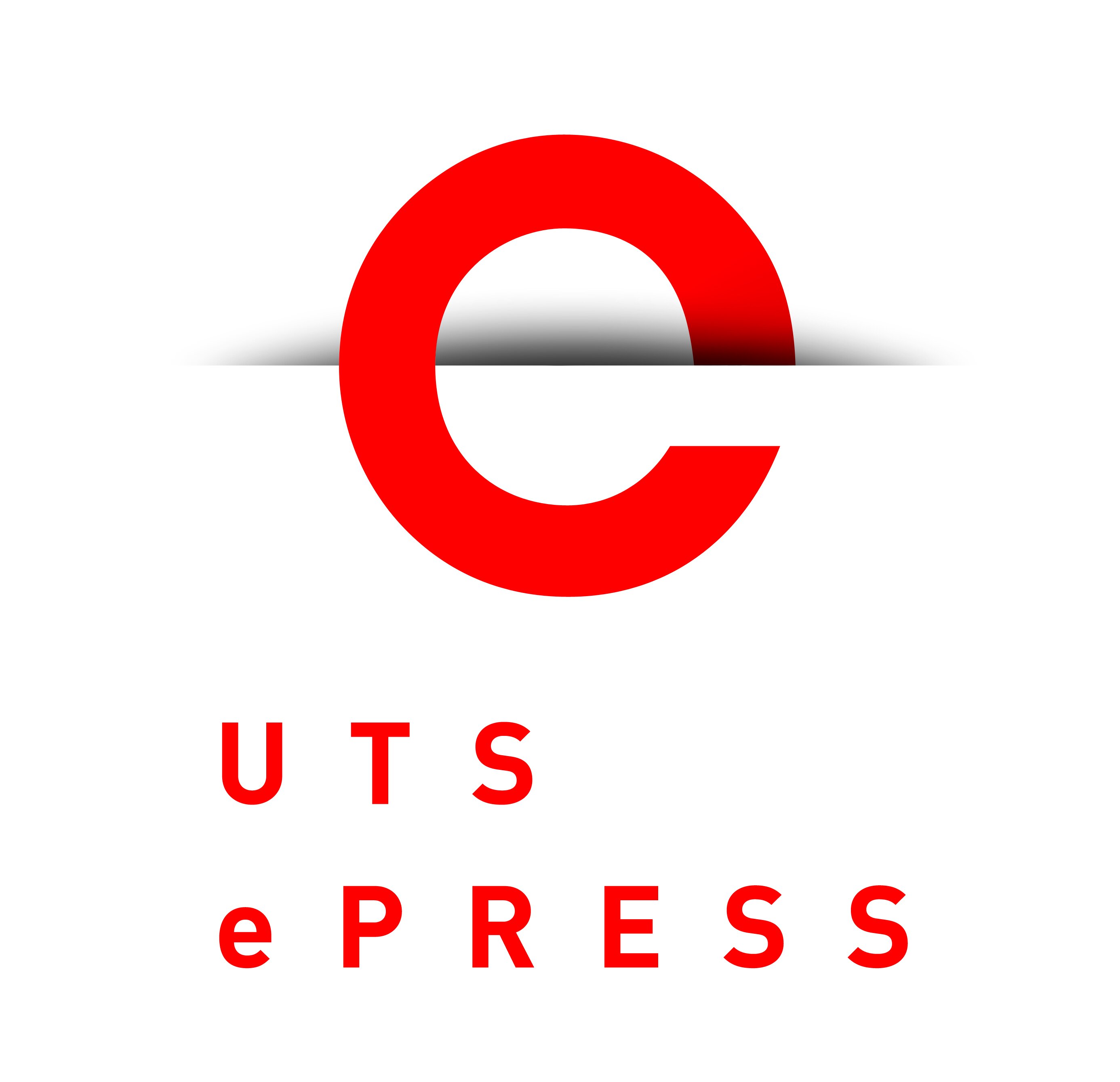Location
Broadway
NSW, 2007
Australia
UTS ePRESS is the digital, open access scholarly publishing arm of the University of Technology Sydney (UTS). We publish high quality scholarly titles across a wide range of academic disciplines, with particular strengths in the humanities, arts and social sciences.
Focusing on open access digital formats, UTS ePRESS currently publishes scholarly journals, books and conference proceedings. We are the leading scholarly publisher of peer reviewed open access journals in Australasia.
UTS ePRESS is a not-for-profit publisher. There are no charges to access UTS ePRESS content and no publishing fees for authors.
Members:
Resources
Displaying 1 - 3 of 3'Culture' as HIV prevention: Indigenous youth speak up!
This article explores the ways in which (a) Indigenous youth involved in an HIV intervention took up and reclaimed their cultures as a project of defining ‘self’, and (b) how Indigenous ‘culture’ can be used as a tool for resistance, HIV prevention and health promotion. Data were drawn from the Taking Action Project: Using arts-based approaches to develop Aboriginal youth leadership in HIV prevention.
Recalling community: Using material culture and digital archives in Salford
This article explores strategies for engaging geographically fragmented urban communities as active participants in conceptually re-mapping their former localities. It looks in detail at the ongoing Retracing Salford project in Salford, UK, which employs the use of everyday objects and oral histories to engage and enable former residents to reconnect with their recently demolished neighbourhoods and each other. The project also seeks to document an urban working class history largely overlooked by the large-scale institutions.
Recalling community: Using material culture and digital archives in Salford
This article explores strategies for engaging geographically fragmented urban communities as active participants in conceptually re-mapping their former localities. It looks in detail at the ongoing Retracing Salford project in Salford, UK, which employs the use of everyday objects and oral histories to engage and enable former residents to reconnect with their recently demolished neighbourhoods and each other. The project also seeks to document an urban working class history largely overlooked by the large-scale institutions.


